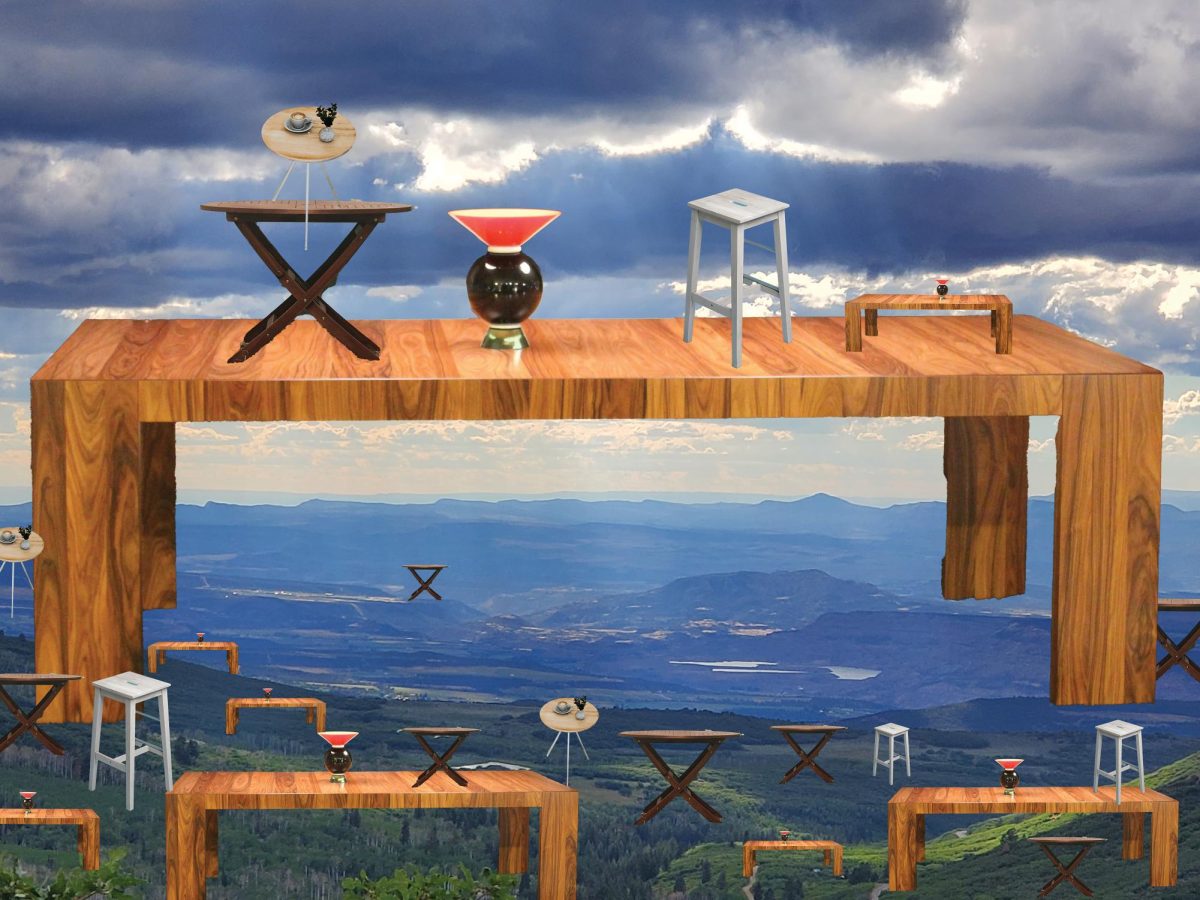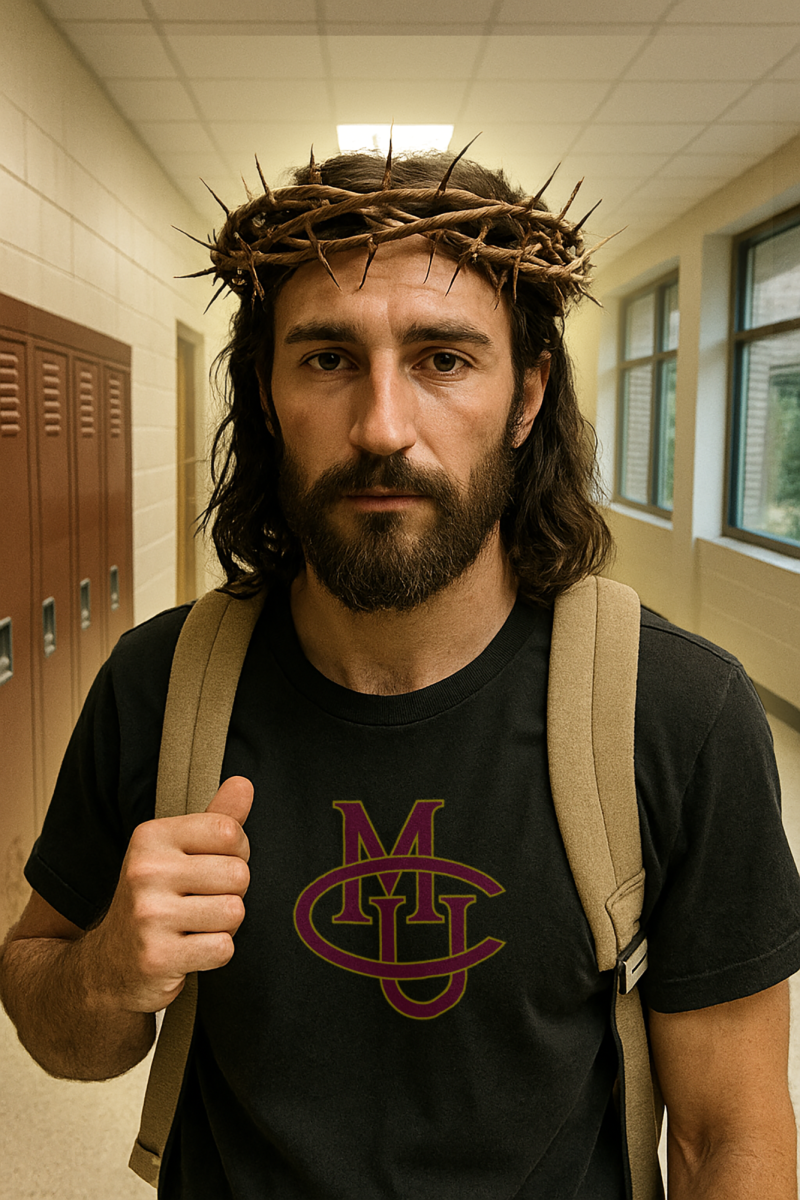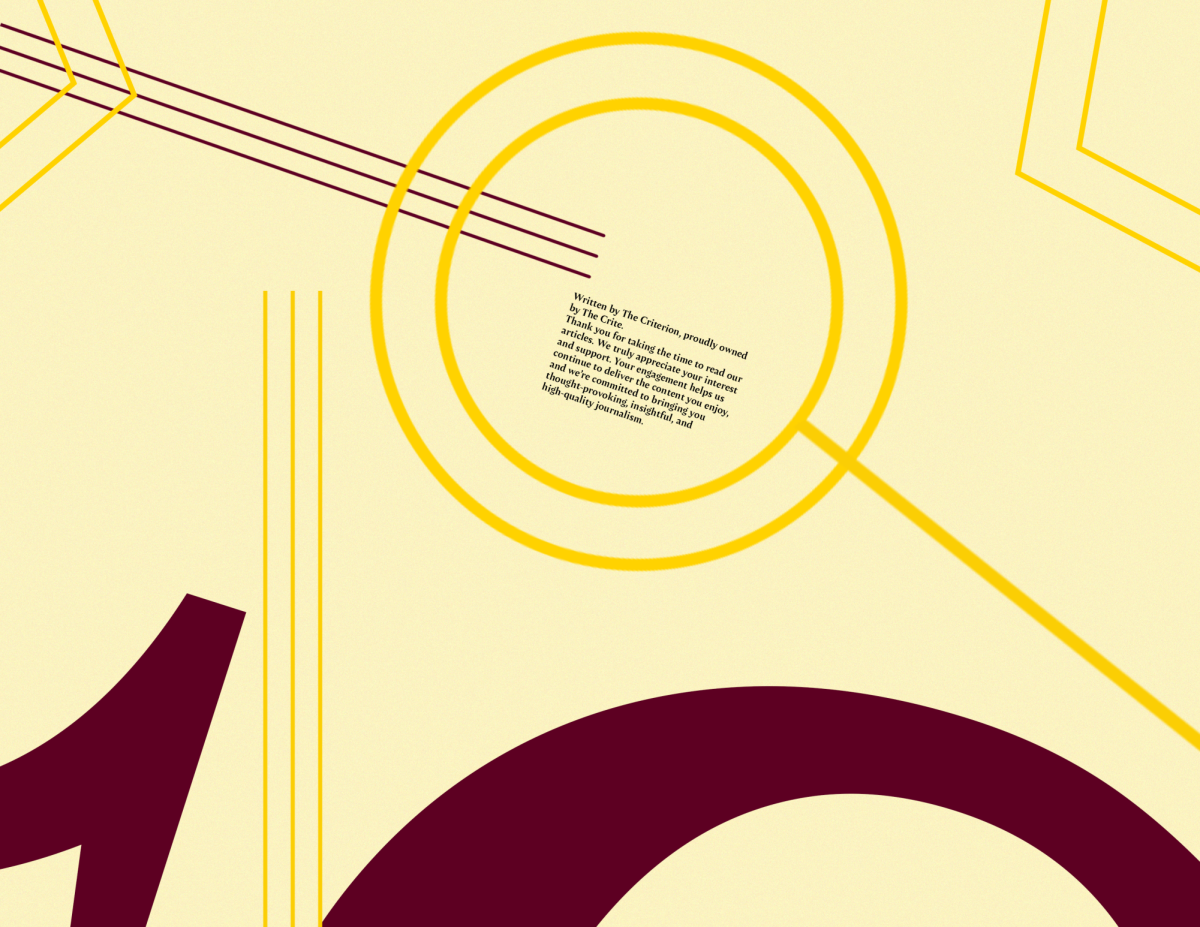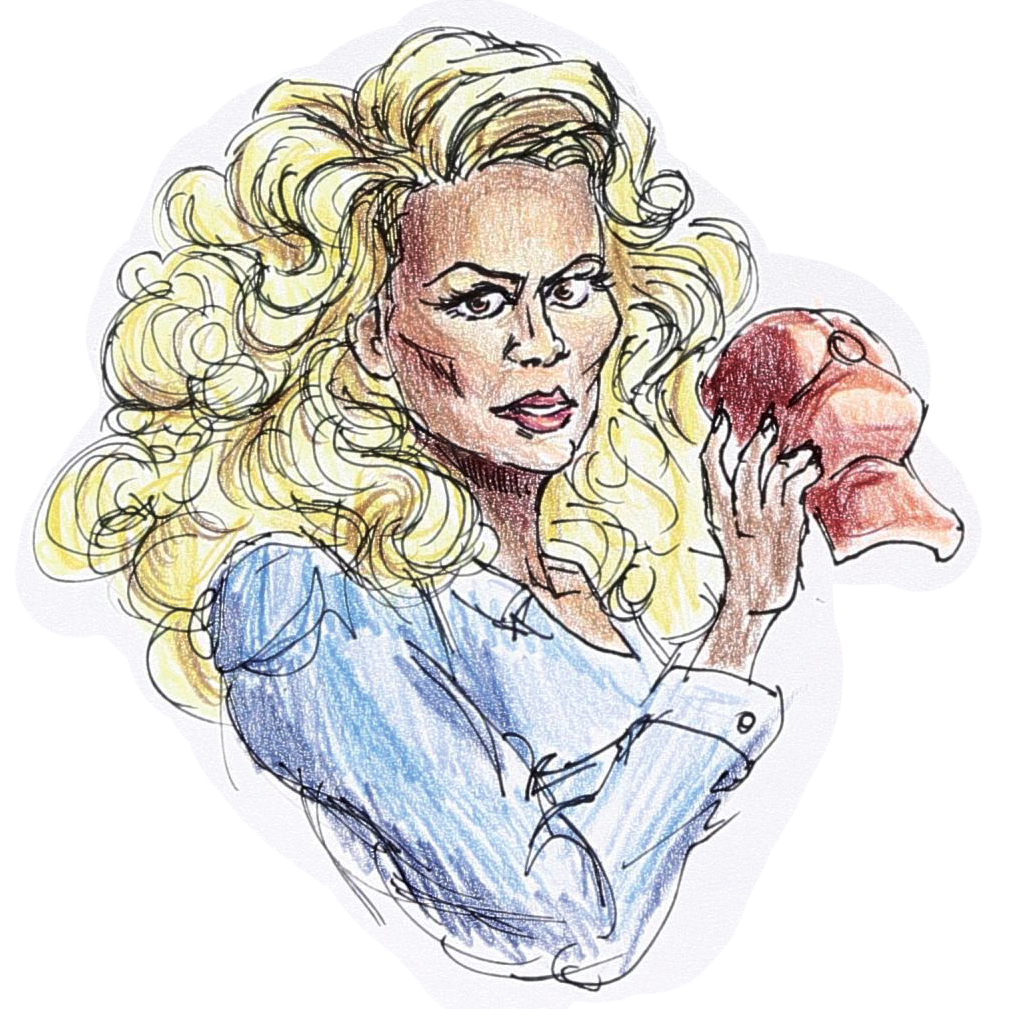by Caleb Quimby
The Electoral College, a system that has been in place for centuries, has been the deciding factor for most of the presidents in the U.S. It’s not a perfect system, it does have its quirks, these oddities are part of the electoral process when citizens vote for their president.
The Electoral College was set up by the founding fathers to ensure the best candidate is elected. The system was created so that congress would not make the final decision in a presidential election.
“The Electoral College solved a lot of theoretical and practical problems the Framers faced during the Constitutional Convention,” Justin Gollob, a Professor of political science at CMU, said. “Today, some of those problems are no longer problems and, consequently, there has been talk about abolishing the Electoral College.”
The Electoral College has its own set of quirks nowadays. The founding fathers’ decision allowed for people to essentially elect an elector, who would in turn vote for the president. The amount of electors determined for a given state is determined by the population. Which means having a bigger population gives more house representors.
This distribution of electors made the system flawed by allowing the big states such as California, Texas, New York and Florida, to choose the next president due to their population size.
In order for a candidate to win the election, they need to have half the electoral vote plus one to win, a total of 270. That’s when swing states like Florida, Virginia, Colorado and Ohio become important because those states have high voters for both democrats and republicans. Their vote becomes particularly important in determining the outcome of the presidential election.
“While the Electoral College does not always reflect the national popular vote, it does a better job reflecting statewide votes,” Gollob said.
There have been states in the past that went against the popular vote, which makes nearly 1 in 10 presidents win by the Electoral College. The last president who lost the popular vote was George W. Bush in 2000. There were three other presidents before him who won the presidency, but lost the popular vote, John Quincy Adams, Rutherford B. Hayes and Benjamin Harrison.
“I think it’s a system worth having,” student Austin Gonsalves said. “It keeps everyone in check and the electors vote always agrees with the popular vote. So in a way, I am voting for the president directly.”
Gonsalves would not be casting his vote directly for the presidency. Instead he would be putting a vote towards an elector for when the real elections take place. On the first Monday after the second Wednesday in December is when the electors come together to cast their pledged vote, which is the deciding factor for whom the next president will be.

Writers give their take and experience regarding the presidental election
Courtesy | Kids Discover
The electors don’t have to go with their pledge as they do have the right to vote against the popular vote. Electors are bound by state laws as well as bound by the pledges they made to political parties. However, the Constitution does not require electors to be free to act as they choose, which in turn allows political parties to extract pledges from electors to vote for a certain party.
There are two ways that a person can become an elector. First, the political parties of each state choose potential electors most of the time before the general election. Second, on election day, voters cast their vote for electors by casting their ballots for president.
An elector doesn’t need any special qualifications. It all boils down to what they can do without having a high political standing as well as making sure they won’t rebel against the government.
Is voting essentially even if the vote does not go directly to electing the president? If there was no voting the electors would be free to do as they please. So as Americans we have the right to vote, if we so choose. Whether you believe in the Electoral College or disagree, try spending some time pondering the purpose, history and the impacts the Electoral College has had on the United States.








